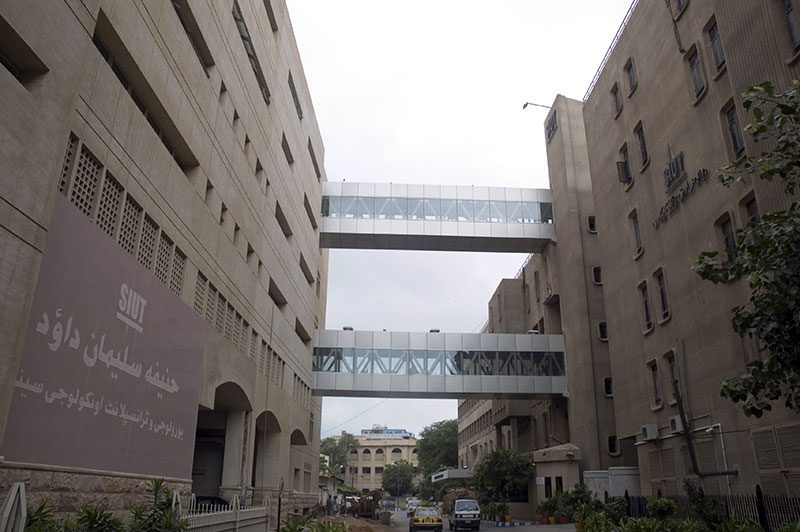Rubina Naqvi

This is a true story about a tertiary care hospital located in a country of 230 million people, which has no well-designed health facility program, especially for poor people with chronic ailments. Every year in this unfortunate country some 260 women per 100,000 live births die in childbirth, and 69.70/1000 infants die every year from diarrhea—as they cannot attend a facility where proper fluid and electrolyte balance can be maintained. With this background, I want to show you a tertiary care hospital which provides state of art, free health care for all urological disorders, be they infections, stone disease, cancer, congenital problems, inherited disorders, or kidney failure. At this hospital patients are treated around the clock 365 days of the year regardless of their ability to pay. As soon as a patient arrives in the emergency department, he receives a dress change, is seen by a reasonably experienced doctor, and undergoes all necessary laboratory and radiology tests; and in less than an hour a management plan is outlined. In case of renal failure he is moved to a dialysis unit and treated until he recovers or, if need be, receives a kidney transplant. Both the transplant recipient and the kidney donor receive free lifelong follow-up and medications. The rehabilitation center of this institution also provides training in various trades for the unemployed. In 1989, as a young, energetic doctor with limited working experience, I came here as a patient for a renal colic consultation. Fortunately my own issue has not recurred during the last twenty-five years, but nonetheless I stayed here as a physician, for reasons beyond my understanding. I sensed some craziness in the philosophy of this place, and sometimes the place makes me want to go crazy. This had been a state run hospital from British times; in 1972 some eight beds were allotted to a surgeon (urologist) just back from training in England. At the time nobody knew what this young surgeon would do with this small ward allocated to him, and many thought he would soon go back to better facilities in the United Kingdom. But the young surgeon selected a different path, and his madness attracted people to his project. Working continuously night and day surrounded by a few like-minded people, he transformed his small eight-bed section of the hospital to the largest institute in Asia for hemodialysis, renal transplants, lithotripsy, and malignancies, running large outpatient clinics and providing them all kind of therapy under one roof—all of it free of cost. The motto is “we don’t let anyone die because they can’t afford to live.” Apart from patient services, this institution has extensive education programs, a nursing school, medical technology school, and a biomedical ethics and culture center; all of which contribute to raising the standard of the health care services provided. The name of this institute is the Sindh Institute of Urology and Transplantation, (www.siut.org) situated in Karachi, Pakistan. The Institute has expanded services at satellite centers, six also in Karachi, one in Sukkur, and one at Muzafarabad. Adibul Hasan Rizvi is the man behind it all, with a jewel of a team surrounding and supporting him for all his madness. I feel proud to be one of them.

Leave a Reply